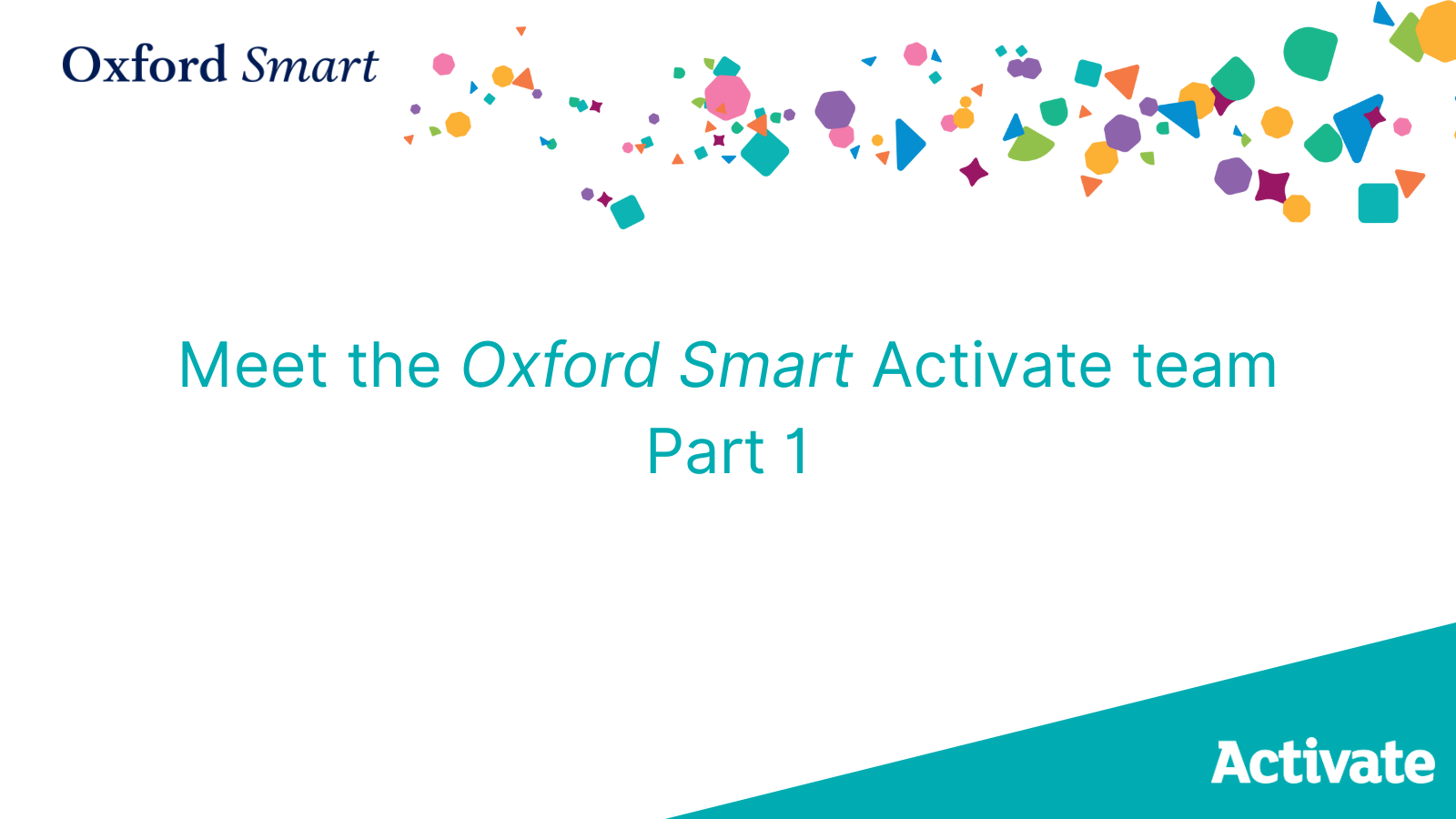
Revision of the A Level Required Practicals probably feels like a daunting task, but in reality most of the hard work is done. The ideas for revision below aim to give you some support with that final hurdle of doing your best in the end of course exam papers! Tip 1: Understand the A Level […]
Read more





